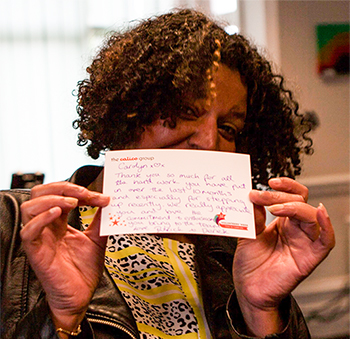Anxiety can have a truly negative impact on people’s lives, leaving them feeling like a prisoner to their thoughts and no longer in control. Ultimately, this can feed into insecurities and worries around the safety of their love ones.
The good news is that something can be done. Through tried and trusted methods, anxiety can be brought under control.
Cognitive Behavioural Therapy
One of the main ways to deal with anxiety is through a cognitive behavioural approach. This helps the individual start to challenge their intrusive negative thoughts rather than just accepting that they are 100% true.
The trouble with thoughts is that they can easily distort reality and fail to accurately reflect what is actually going on. Worry and fear get then increase to the point the individual feels they can no longer cope. By taking a rational look at thoughts, the individual starts to change their perceptions and in turn lessen the likelihood of evoking the strong emotional and physical responses.
Mindfulness
The Mindfulness approach has also been shown to reduce the symptomatic impact of anxiety. Some people spend most of their time thinking about the negative aspects of the past and thinking about the future, which is full of worry and uncertainty. Stuck between the two, it’s easy to lose awareness of the here and now. Through relaxation and meditation techniques, it is possible to start to reduce stress and anxiety. This can help individuals think in a calmer, more rational way and start to feel you are back in control.
Life can feel that you are on a merry go round, going round and round. You might get dizzy and confused after a time. Getting off can give the individual time to think things through and decide if they want to back on. Cognitive behavioural exercises and Mindfulness techniques can offer a way forward.
Here are some simple methods when dealing with anxiety.
• Start to challenge negative thoughts rather than assume they are true
• Simple breathing exercises can reduce anxiety – watch a demonstration

